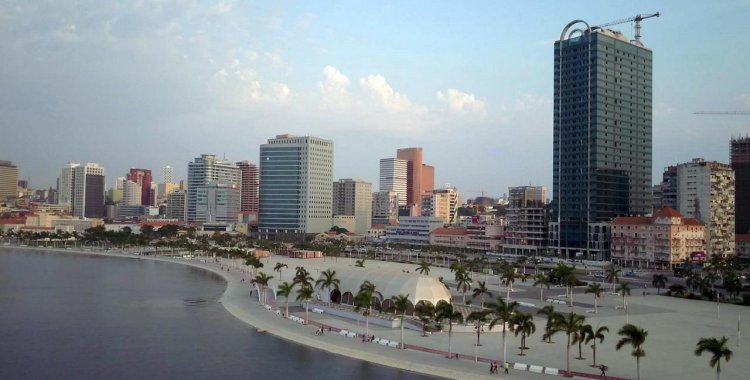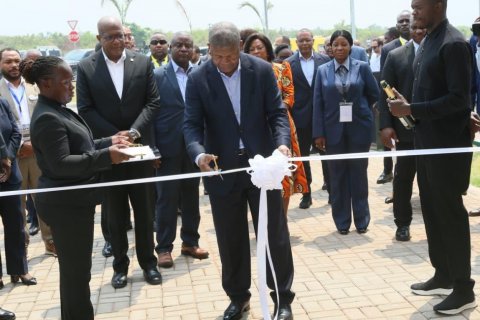According to the document that was approved by the IMF's board of directors and that will begin this Monday to strengthen the foreign reserves of all members of the Fund, Angola will receive 704 million SDR units, corresponding to 997 million dollars at the current exchange rate.
"The proposal advocates an allocation of $650 billion, about 456 billion SDRs, based on an assessment of member states' long-term reserve needs, and includes measures to increase transparency and accountability in reporting the use of SDRs, while preserving the characteristics of SDRs," reads an IMF technical note on the issue, which will begin this Monday.
The note goes on to say that "the allocation will help many member states smooth adjustment needs in the face of liquidity constraints and avoid unbalanced policies, while providing room for increased spending on crisis response and vaccines."
Developing countries and emerging markets will receive $275 billion of the total, IMF Managing Director Kristalina Goergieva said on August 2 at the Fund's board approval of the issue.
Member countries began discussing a DES issuance as early as last year because of the impact of the covid-19 pandemic, which threw the global economy into a 3.5 percent recession and is expected to grow by 6 percent this year, according to forecasts made in the latest World Economic Outlook report.
The issuing of SDRs is an instrument created by the IMF to provide liquidity and increase the available resources of states with financial needs, acting as a kind of capital increase for the IMF to reinforce the fight against the pandemic and revive economic growth.
A SDR is a unit in which the US dollar has 41.73 percent of the peso, the euro 30.93 percent, the Chinese yuan 10.92 percent, the Japanese yen 8.33 percent and the pound sterling 8.09 percent, and is quoted daily by the IMF.
On Sunday, 1 SDR corresponded to 1.2107 euros.
Angola is the Lusophone African country that will have the most robust allocation, followed by Mozambique, with 261 million euros, Equatorial Guinea (181.6 million euros), Guinea-Bissau, with 32.6 million, Cape Verde, with 27.8 million, and Sao Tome and Principe, which will receive almost 17 million euros in foreign exchange reserves.
In total, Portuguese-speaking African Countries (PALOP) will receive a reinforcement of 1,372.2 million euros, corresponding to 1134 million units of SDRs.
The issuing of DES will help countries with greater difficulties to balance their accounts and strengthen the commitment to combat the spread of the pandemic, and has been described by African countries as essential to revive economic growth in the region.
African countries, particularly those in sub-Saharan Africa, have argued that their share of DES is disproportionately lower than their needs due to the small IMF quota, highlighting the low vaccination rate and the need to maintain funding for projects with the capacity to strengthen infrastructure and thus ensure the attractiveness of new investments that make the region grow.
The IMF has argued that the more advanced countries, less in need of this 'capital injection', should transfer part of the strengthening of their SDRs to developing countries, and it has been agreed by the major powers to channel at least $100 billion, equivalent to about 854 million euros, to the countries with the most difficulties.







